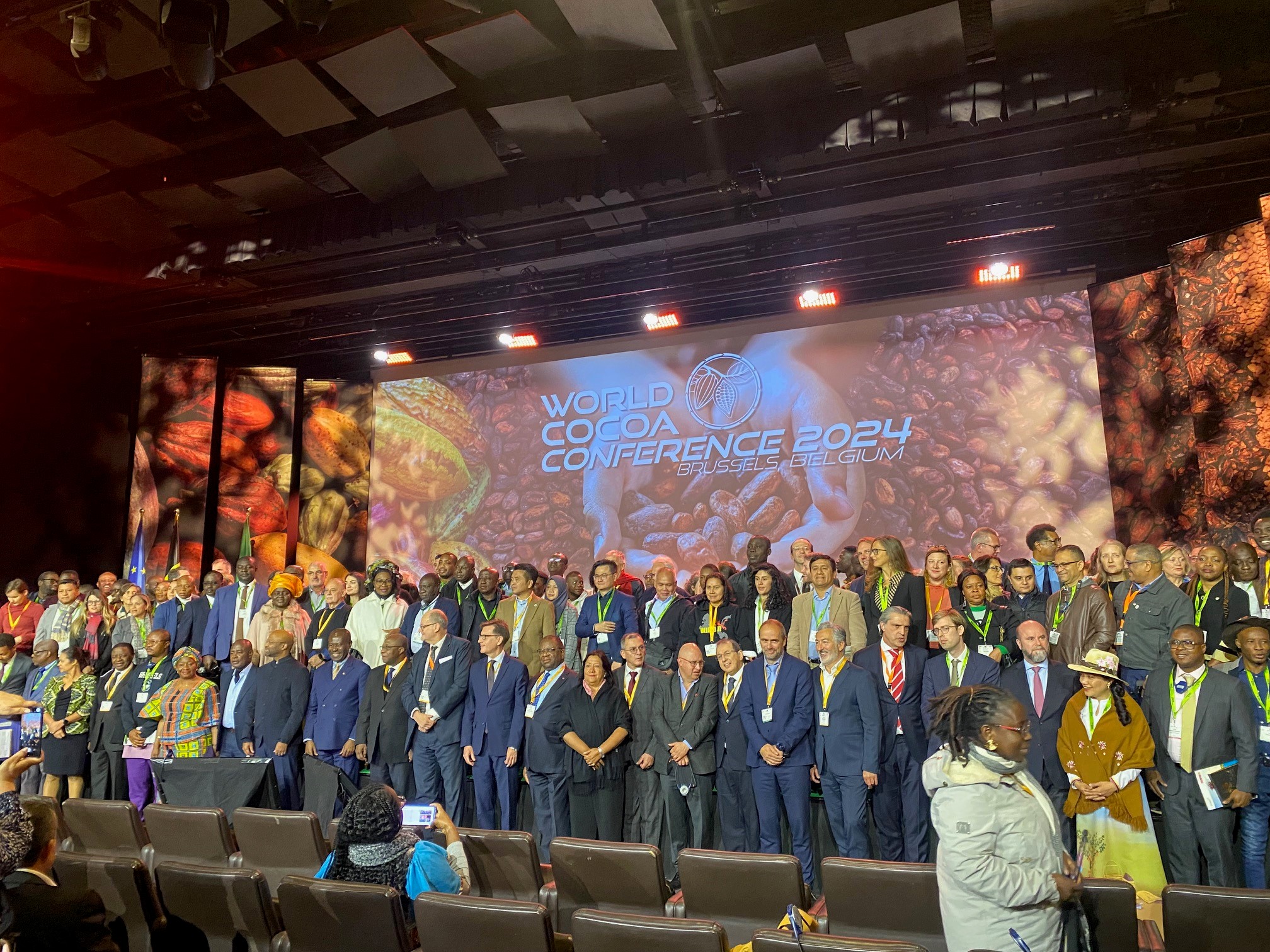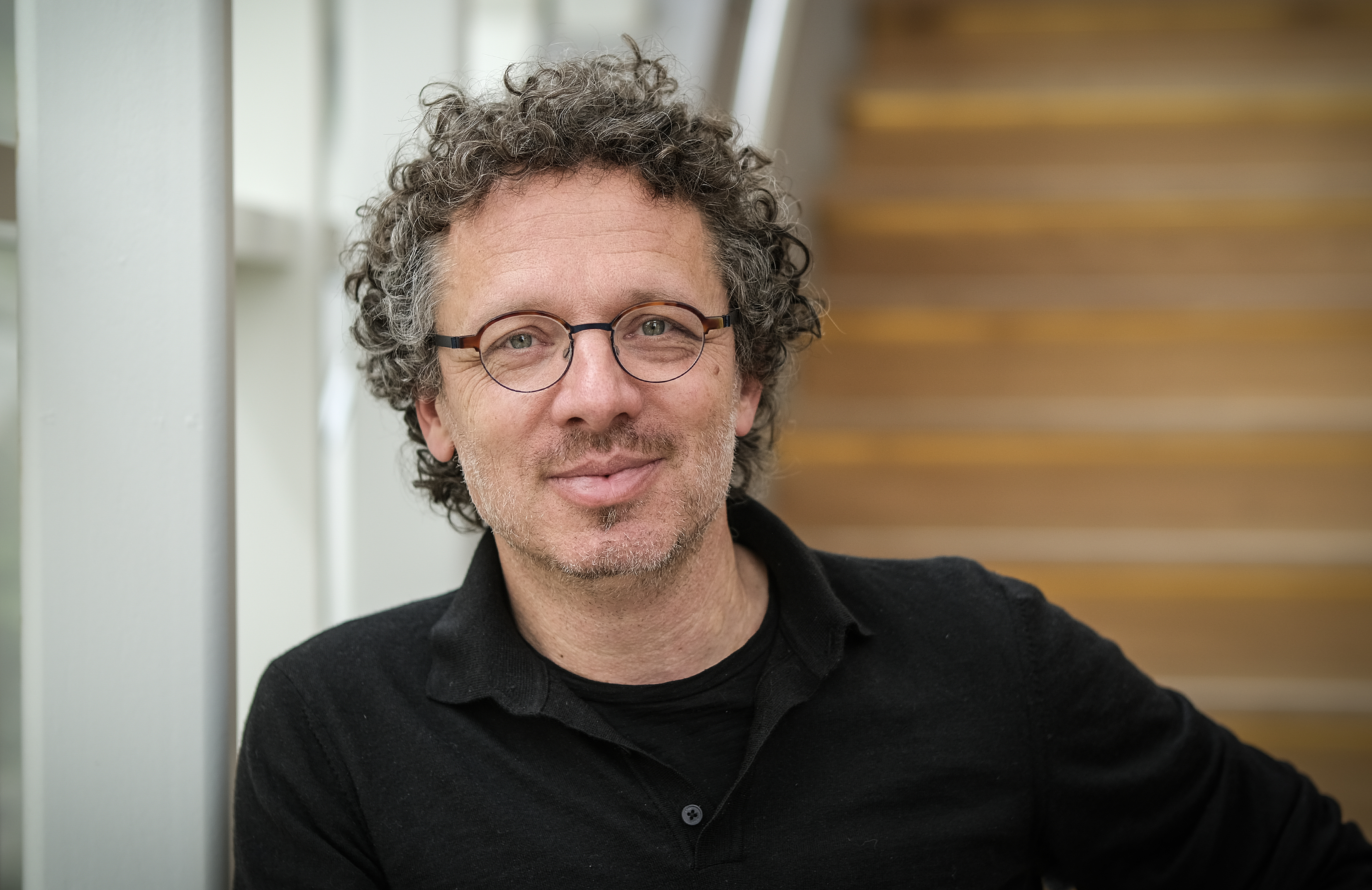EDLunch: So, PBL survives GPT?
“What comes to mind when you think of ChatGPT in relation to (your) education?” asked Walter Jansen as he opened the EDLunch session at EDLAB last Monday.
ChatGPT is here to stay, but PBL can handle it
The curious and eager audience of staff and students seemed well acquainted with the new AI language model chatbox and its capabilities. Their answers appeared in a digital word cloud with words like “challenge, risk, fraud and crisis”, but also “interesting, exciting, and let’s play with this.” A majority agreed that ChatGPT is here to stay.
Evolution or Revolution?
Walter pointed out that education has survived and developed alongside AI tools such as WolframAlpha (math exercises), GoogleMaps (topography), AIVA (composition), Stockfish (chess), Deepl (translation). “Is ChatGPT an evolution or a revolution?” he asked the audience. One teacher said this period reminded them of the introduction of the calculator. It raises the critical question, “Do you test other outcomes or remove the tool completely?”
Like people, ChatGPT is not without its flaws. It is helpful to consider this when devising methods to integrate AI into education. For instance, a lecturer may ask students to improve or analyse content produced by the chatbox. Maastricht University is developing rules and regulations regarding its use, but ultimately, the feeling in the room was that trust in the system and in students is key.
What makes us human?
Finally, Walter shared that he had quizzed the robot on a fairly existential question: “What makes us uniquely human?” The answer to this question will help us to determine how we can best move forward with the technology. Among other features, ChatGPT replied: “social interaction, cultural context and self-directed learning”. Don’t these sound like the guiding principles of UM’s PBL teaching philosophy? How eery that ChatGPT recognises these as defining differences between itself and us!
By Munshya Mupela, Student Assistant at EDLAB

Maastricht University is developing rules and regulations regarding the use of ChatGPT, but ultimately, the feeling in the room was that trust in the system and in students is key.
Also read
-
Moving on your own to a new country with a different culture and language and without a support network can be challenging. Master's student Beverlianne Green therefore quickly realised she wanted to get involved with the local community. Through the Personal & Professional Development Portal of...
-
Fair and Smart Data (FSD) researcher Niklas Mensing attended the World Cocoa Conference in Brussels this year. In his blog, he shares personal learnings and thoughts from the conference proceedings and highlights some of the industry's core issues.
-
Drawing blood, inserting an IV, or looking into the ear; even seemingly simple medical procedures can cause anxiety, pain, and stress in children. According to pediatric intensivist Piet Leroy, comfort and trust are just as important as the medical treatment itself. Therefore, he is researching how...

